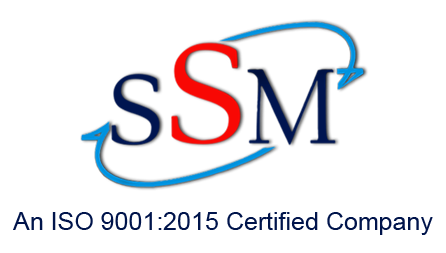Topic 1.2.1 – Overview
Hardware Recommendations
The following table lists the hardware requirements based on the size of the installation, applicable to both 32-bit and 64-bit systems. The Intel Itanium 2 processor is not supported.
|
|
CPU (GHz) |
Cores (Minimum) |
RAM (GB) |
Storage (GB) (sufficient for 1 wk max frequency) |
Monitor Resolution |
Network (MBPS) |
|
Mini Installation (1-500 I/O per Node) |
1.6 |
1 |
1 |
30 |
1024 x 768 |
100 |
|
Small Installation (1-5K I/O per Node) |
1.8 |
2 |
2 |
30 |
1024 x 768 |
100 |
|
Medium Installation (5K-50K I/O per Node) |
2.8 |
4 |
8 |
500 |
1280 x 1024 |
1000 |
|
Large Installation (50K-400K I/O per Node) |
2.8 |
8 |
16 |
1000 |
1280 x 1024 |
1000 |
|
Preferred Installation (64-bit OS and SQL) |
2.8 |
4 |
8 |
500 |
1280 x 1024 |
1000 |
Notes
- Historian Server is not supported on cluster hardware.
- If you are running Historian Server on a virtual server, the Historian Server must have an adequate CPU, adequate network memory, and disk I/O resources at all times. Overloading the virtual server leads to unpredictable behavior.
Software Requirements
Depending on the number of tags you are working with, Historian Server is supported in a wide range of operating systems that go from workstations to servers in the 32- or 64-bit versions.
|
|
Historian Server |
|
Windows Server |
Y |
|
Windows Workstation |
Y |
|
SQL Server |
Y |
|
.NET Framework |
Y |
SQL server and .NET framework are prerequisites; however, the installation of Wonderware System Platform installs .NET automatically. SQL Server needs to be installed manually in advance. Currently, Historian can be installed in both SQL server 32- and 64-bit versions.
Note: Detailed information about the current version can be found in the Readme file, which is located in the root folder of the Wonderware System Platform installation media.
Notes
- SQL Server must be installed on the Historian node
- Do not use Historian Server computer as a domain controller, mail server, or an Internet server
Licensing
Historian offers unparalleled scalability, up to 500,000 tags, with a greater retrieval throughput of 125,000 values/second.
Retrieval-Based Licensing
Historian 2012 R2 changed the licensing behavior from storage-based licensing to retrieval-based licensing. This means you are allowed to store data for all tags but only allowed to retrieve, replicate, or advise upon only those tags which are licensed. In previous releases, the data was not stored for the tags if they were unlicensed.
In the Historian Management Console, several items can be found that summarize the license status to the user:
- License status – Has three possible values: Licensed, Server OS violation, and Tag count violation
- Total number of tags in the database – The total number of tags in the Runtime database, including System tags
- Number of licensed tags in the database – Number of tags you have created and added for historization
- License tag count – Value read directly from the license file indicating for how many tags you acquired your license
For specific license information and licensing requirements in your environment, contact your local distributor.
